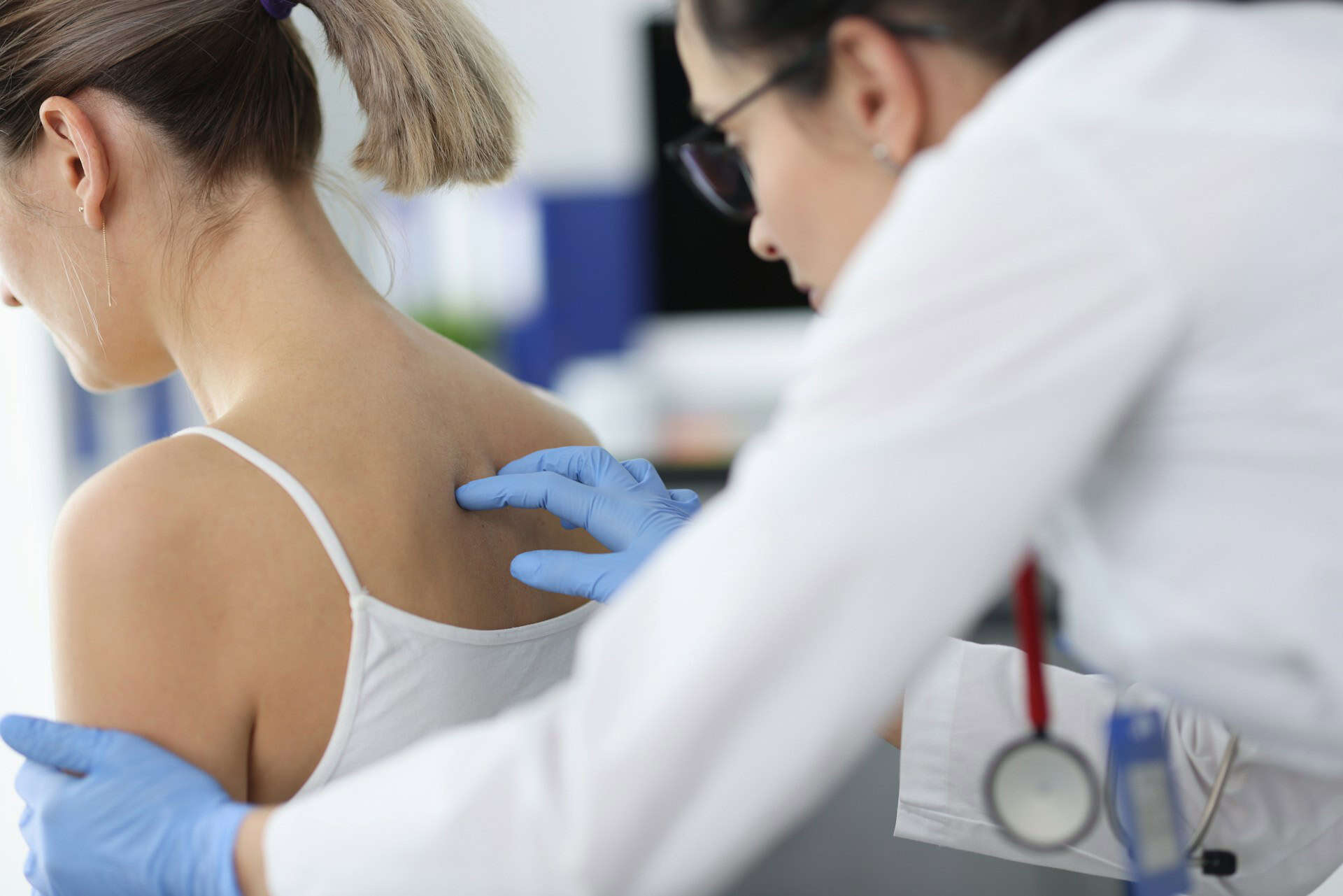Introduction
Joint stiffness is a common issue that can affect people of all ages, making it difficult to move and perform everyday activities. It can result from various conditions, ranging from minor injuries to chronic diseases. Understanding the symptoms, causes, and treatment options for joint stiffness is crucial for managing and alleviating this condition effectively.
Symptoms of Joint Stiffness
Joint stiffness can manifest in several ways, depending on the underlying cause. Common symptoms include:
- Reduced Range of Motion: Difficulty moving the joint through its full range of motion.
- Pain: Discomfort or pain in the affected joint, especially when trying to move it.
- Swelling: Inflammation in the joint area, which can cause visible swelling.
- Warmth and Redness: The affected joint may feel warm to the touch and appear red.
- Crepitus: A grating or crackling sensation when moving the joint.
- Muscle Weakness: Reduced strength around the affected joint due to lack of use or pain.
Causes of Joint Stiffness
Joint stiffness can be caused by various factors, including:
- Arthritis: Inflammatory conditions like osteoarthritis, rheumatoid arthritis, and gout can cause joint stiffness and pain.
- Injuries: Sprains, strains, fractures, and dislocations can lead to joint stiffness as they heal.
- Tendinitis and Bursitis: Inflammation of the tendons or bursae (fluid-filled sacs) around the joints can cause stiffness.
- Overuse: Repetitive movements or overuse of a joint can lead to stiffness and pain.
- Inactivity: Prolonged periods of inactivity or immobility can cause joints to become stiff.
- Age: The natural aging process can lead to joint stiffness due to wear and tear on the joints.
- Autoimmune Diseases: Conditions like lupus and fibromyalgia can cause widespread joint stiffness.
- Infections: Infections in the joint (septic arthritis) or other parts of the body can lead to stiffness and inflammation.

Treatment Options for Joint Stiffness
The treatment for joint stiffness depends on the underlying cause and the severity of the symptoms. Common treatment options include:
- Medications: Over-the-counter pain relievers, anti-inflammatory drugs, and prescription medications for specific conditions like arthritis.
- Physical Therapy: Exercises and stretches designed to improve flexibility, strength, and range of motion in the affected joint.
- Heat and Cold Therapy: Applying heat to relax muscles and increase blood flow, or ice packs to reduce inflammation and numb the pain.
- Manual Therapy: Techniques like massage, chiropractic adjustments, and acupuncture can provide relief for some individuals.
- Weight Management: Maintaining a healthy weight to reduce stress on weight-bearing joints.
- Lifestyle Changes: Incorporating low-impact exercises, such as swimming and cycling, to keep joints flexible without adding stress.
- Assistive Devices: Using braces, splints, or canes to support the affected joint and reduce pain.
- Surgery: In severe cases, surgical interventions like joint replacement or repair may be necessary to restore function and relieve pain.
Prevention Tips
Preventing joint stiffness involves adopting a healthy lifestyle and taking proactive measures, such as:
- Stay Active: Engage in regular physical activity to keep joints flexible and strengthen the muscles around them.
- Maintain Good Posture: Ensure proper alignment of the body to reduce stress on the joints.
- Practice Joint-Friendly Exercises: Choose low-impact activities like walking, swimming, and yoga to reduce joint stress.
- Healthy Diet: Eat a balanced diet rich in anti-inflammatory foods and nutrients that support joint health, such as omega-3 fatty acids, vitamin D, and calcium.
- Stay Hydrated: Drinking plenty of water helps maintain the lubrication of joints.
- Avoid Repetitive Movements: Take breaks and vary activities to prevent overuse of specific joints.
- Protect Joints: Use proper techniques when lifting objects and wear protective gear during physical activities to avoid injuries.
Conclusion
Joint stiffness can significantly impact daily life, but understanding its symptoms, causes, and treatment options can help individuals take proactive steps to manage and alleviate their discomfort. If you experience persistent or severe joint stiffness, it is essential to consult a healthcare professional for a proper diagnosis and tailored treatment plan.
Struggling with joint stiffness? Our experts at RESPORT Chicago can help restore your mobility and ease discomfort.





